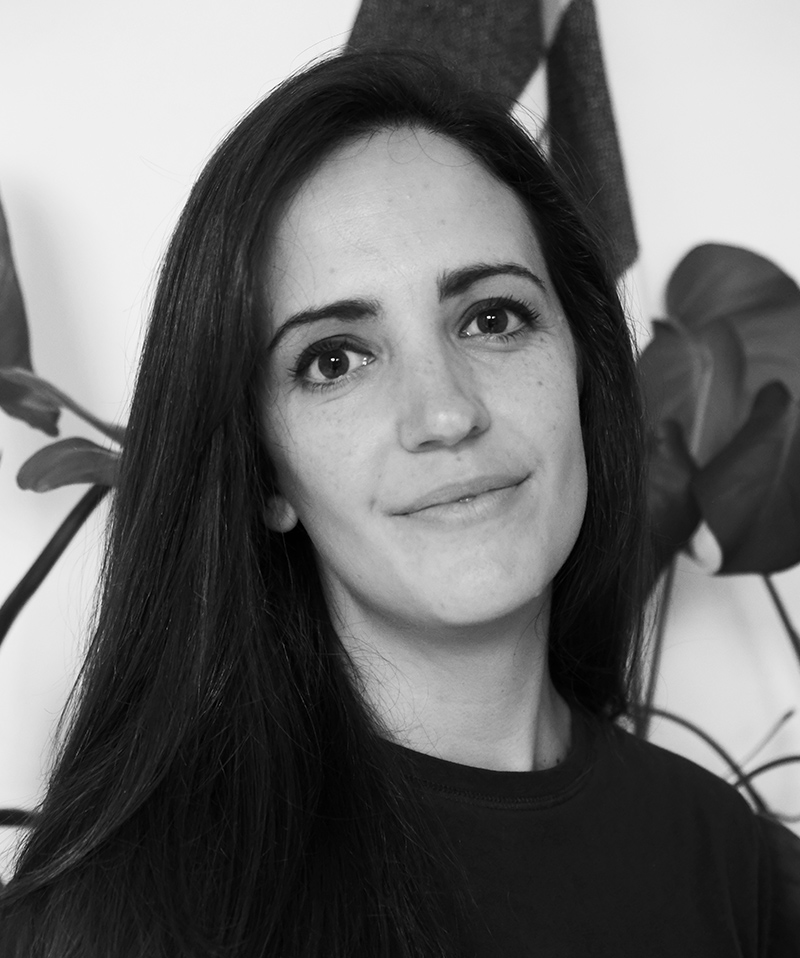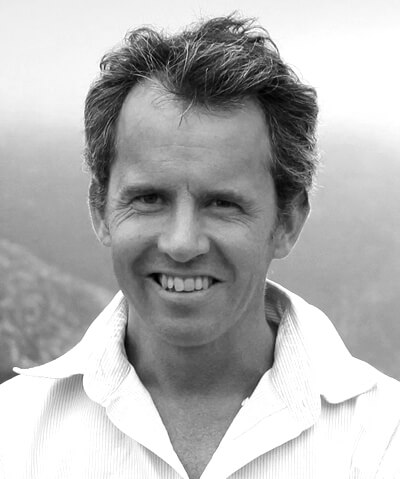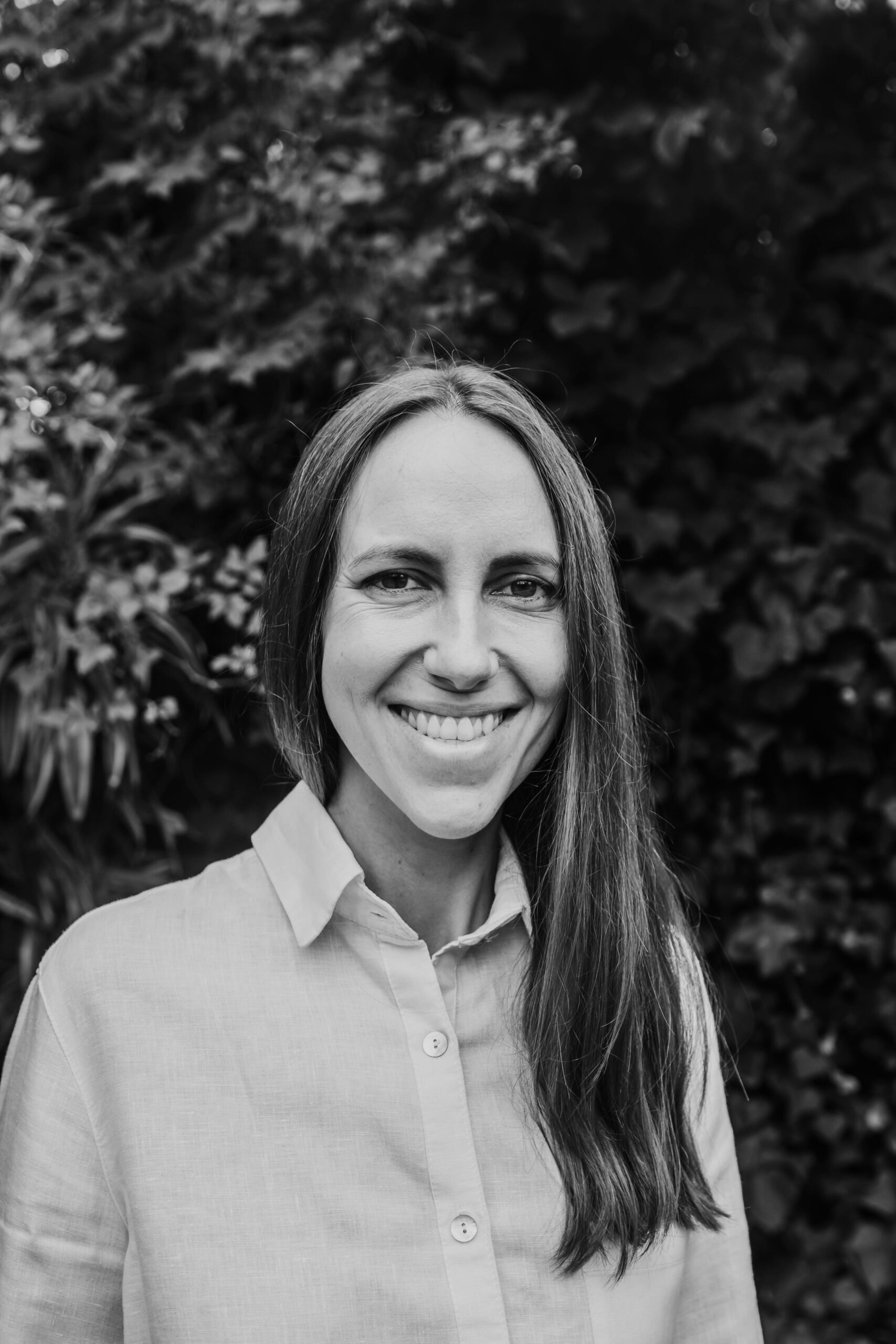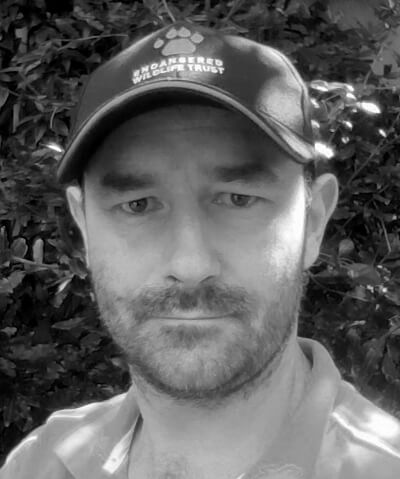Board
The Centre is managed by a Board of Directors, supported by an Advisory Council comprising individuals with expert knowledge of ecosystems and wild species within the Southern African region and the threats facing them, and expertise in relation to traditional knowledge and/ or working with Indigenous Peoples and communities within Southern Africa. The Advisory Council advises the Board on how to identify and prioritise legal interventions that will maximise the benefits for wild species and ecosystems within the Southern African region to best achieve the purpose of the Centre.

Kate Handley is the co-founder and Executive Director of the Biodiversity Law Centre. She holds an LLB and LLM in Environmental Law from the University of Cape Town with her research interests focusing on the policy and regulatory framework pertaining to biodiversity and protected areas. Kate is an experienced environmental attorney, having worked for more than a decade in private practice advising public and private sector clients, as well as civil society organisations, on a range of environmental and administrative law issues.
Always one to explore, in 2019, Kate embarked on the Pacific Crest Trail, hiking 2500km through the old growth forests and staggeringly beautiful mountains of California and Oregon. Passionate about the ecology of pristine habitats and the long-standing and integral coexistence of communities and wild spaces, Kate believes in the power of law to shape meaningful change. Kate’s connection with nature extends to her student days and has not only prompted a diverse career as an environmental lawyer, but also informs her vision of the Biodiversity Law Centre as an organisation which has an enduring impact on ensuring the preservation and flourishing of indigenous ecosystems.

Alexander (Sandy) Paterson is a professor of environmental law based at the Institute of Marine and Environmental Law, Faculty of Law, University of Cape Town. He is director of the Institute and programme convener of its postgraduate degrees specializing in marine and environmental law. His research interests include biodiversity, protected areas, land-use planning and incentive-based environmental regulation. Prior to joining the Institute in 2004, he practised as an environmental attorney and environmental consultant for several years. He has also worked in the NGO sector monitoring the progression of environmental legislation through Parliament. He is a member of the IUCN World Commission of Environmental Law (WCEL), World Commission on Protected Areas (WCPA) and the Association of Environmental Law Lecturers from African Universities (ASSELLAU); and on the Editorial Board of the South African Journal of Environmental Law and Policy and the Chinese Journal of Environmental Law. On weekends you will find him up a mountain or surfing in the cold Atlantic Ocean.

Nicole is an admitted attorney currently working as a legal consultant to the public interest law sector, with a focus on energy and climate justice in Africa. Nicole has worked in the public interest law sector for over a decade, and has been at the forefront of a number of environmental justice legal battles. She spent eight years at the Centre for Environmental Rights, where she worked as an attorney and then head of the Pollution and Climate Change Programme.
Nicole holds a Masters degree in Environmental Law from the University of Cape Town, and spent a semester abroad at the University of Bern in Switzerland where she studied International and European Law of Climate Change. Nicole completed her articles of clerkship at ENSAfrica and continued to work there as an associate after her admission as an attorney in 2013.


Nonhlanhla (Noni) is an attorney who embodies a deep commitment to environmental stewardship. As a valued member of Webber Wentzel’s environmental team, she brings a distinctive blend of legal expertise and practical experience to her work. She holds a Postgraduate Diploma in Law from the University of Witwatersrand, specializing in Mining and Environmental Law with specific focus on climate change.
In the course of her professional journey, Noni has provided legal advice in a diverse range of environmental matters, fuelling her passion for environmental justice. Bridging the gap between legal theory and practical application enables her to make a profound impact on the work she undertakes and the clients she advises.
In serving as a non-executive director of the Biodiversity Law Centre, Noni seeks to ensure that biodiversity considerations are integrated at the grassroots level, fostering meaningful engagement and driving positive change. With unwavering dedication and passion, she strives to create a lasting legacy in the pursuit of environmental sustainability and biodiversity conservation.

Rivasha is a seasoned Chartered Accountant and Chief Financial Officer with over 15 years of extensive experience in financial management and strategic planning. She is passionate about leveraging her financial acumen to support organisations in achieving their goals and making informed decisions. With a strong commitment to excellence and integrity, she continuously seeks opportunities to enhance business processes and drive operational efficiency.
Rivasha is excited to contribute her wealth of experience and knowledge to support the mission of the Biodiversity Law Centre and help advance the cause of biodiversity conservation through legal advocacy. She is dedicated to leveraging her financial expertise to ensure the Centre’s financial sustainability and support its impactful initiatives in protecting and preserving biodiversity for future generations.

Greg is the managing director of Conservation Outcomes, a non-profit company that facilitates the development of new protected areas and that provides support to established ones. He is a registered professional natural scientist with an MSc in conservation biology from the University of Witwatersrand and a Masters of Environmental Law degree from the University of Sydney, in Australia. Greg has over 25 years’ experience in the conservation and natural resource management sectors. He is involved in a number of protected area initiatives, primarily around the Greater Kruger area and is assisting SANParks and WWF-SA in the establishment of a new national park in the Grassland Biome, in the Rhodes/Maclear region of the Eastern Cape. Prior to forming Conservation Outcomes, he worked at Ezemvelo KZN Wildlife where he managed and coordinated the KZN Biodiversity Stewardship Programme, which focused on the establishment of and support to new private and communally-owned protected areas. During his time at the programme, approximately 100,000 ha of land were declared as protected areas in terms of the National Environmental Management: Protected Areas Act. Greg also has experience working in Australia and in Sarawak in Malaysia.